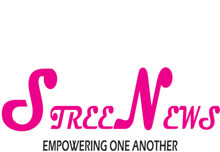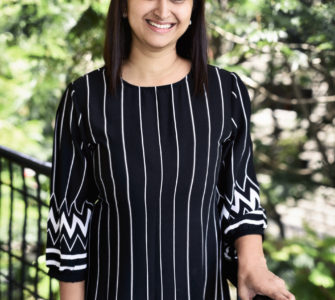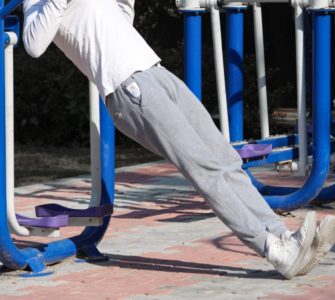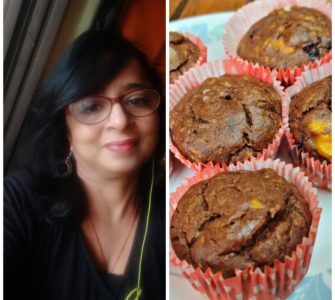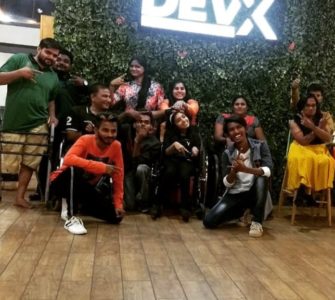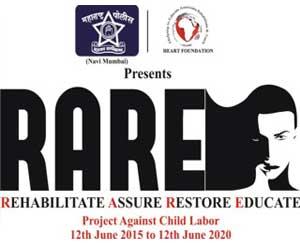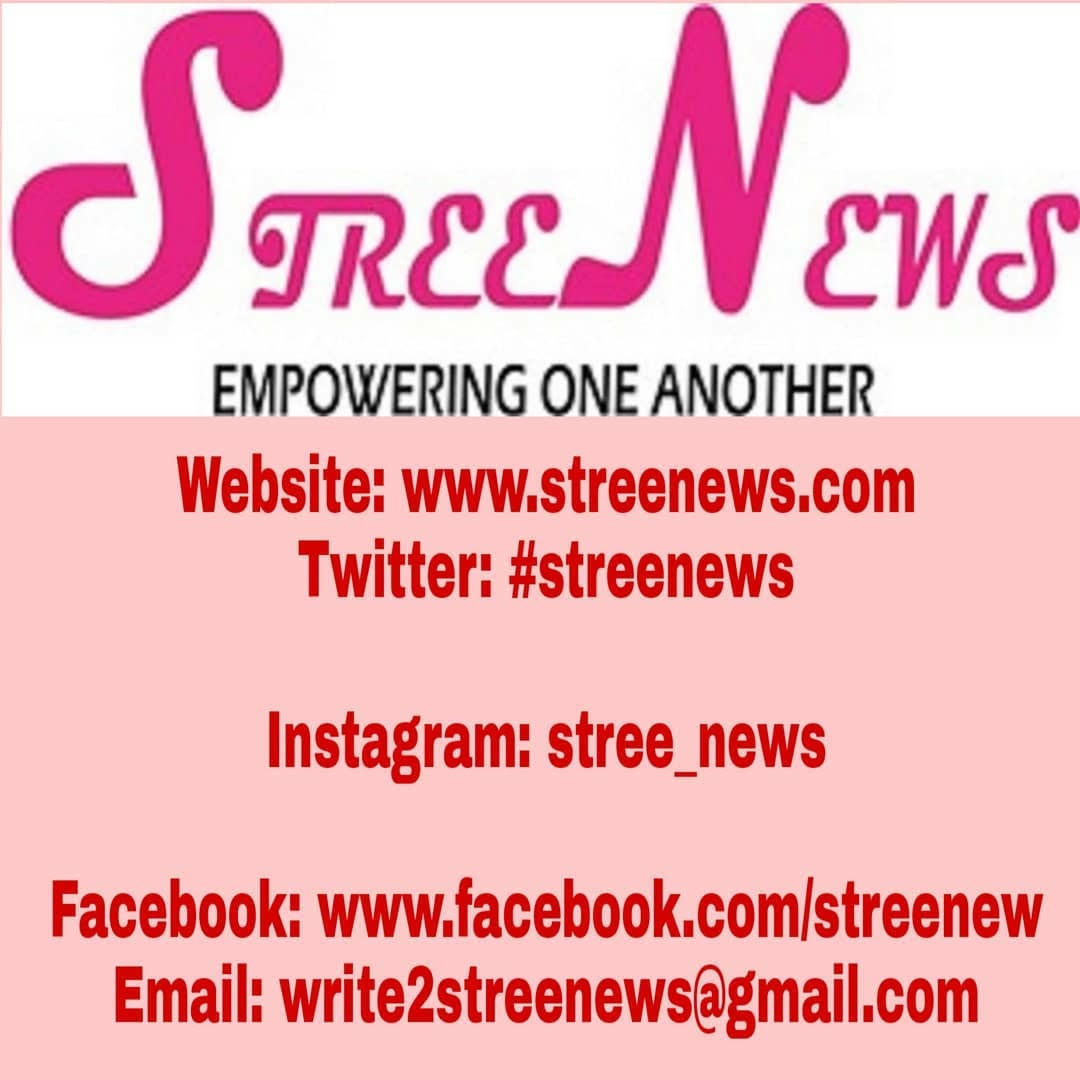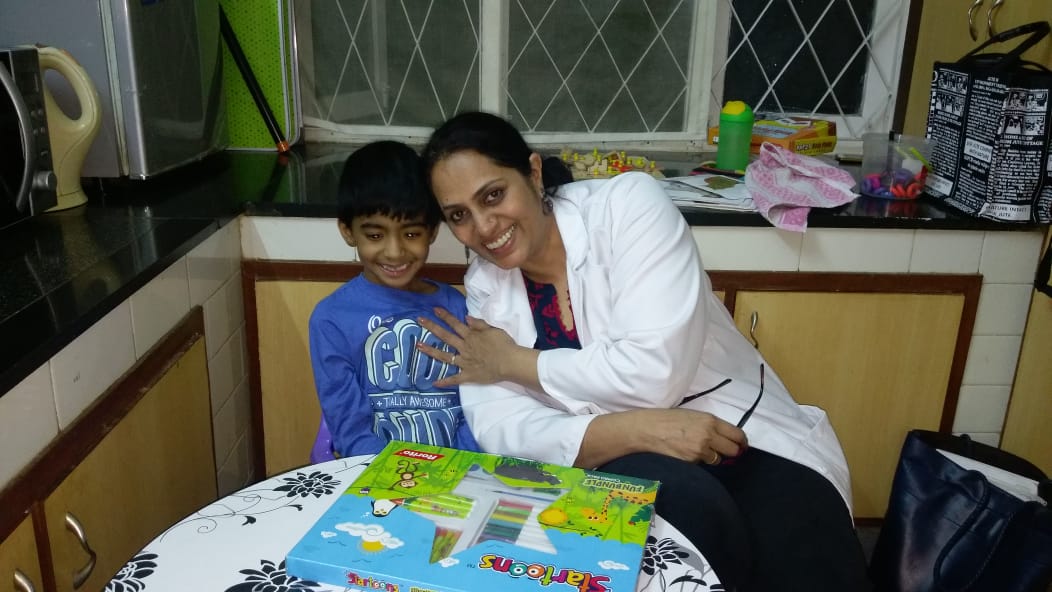
By: StreeNews Network
Asha Gnanaolivu, a Child Development Specialist, was always drawn to children and found it easy to connect with them. Her desire was to help children with their unique needs and to help parents understand the needs of the child.
“I wanted to make it convenient for parents of special children to be able to get all interventions under one roof,” says Asha who started ‘Beautiful Minds Astitva’ in 2010 in Bangalore offering varied therapies as well as early intervention programmes with an aim to “reach out and make a difference to as many children as possible regardless of their economic background and provide the best for every child”.
What started off with just three kids in 2010, has impacted more than 500 children since inception. Currently Beautiful Minds Astitva has a team of 15 multi-disciplinary team of Allied health professionals and support staff comprising Speech, Occupational and Physical Therapists, Special Educators and Clinical Psychologists.
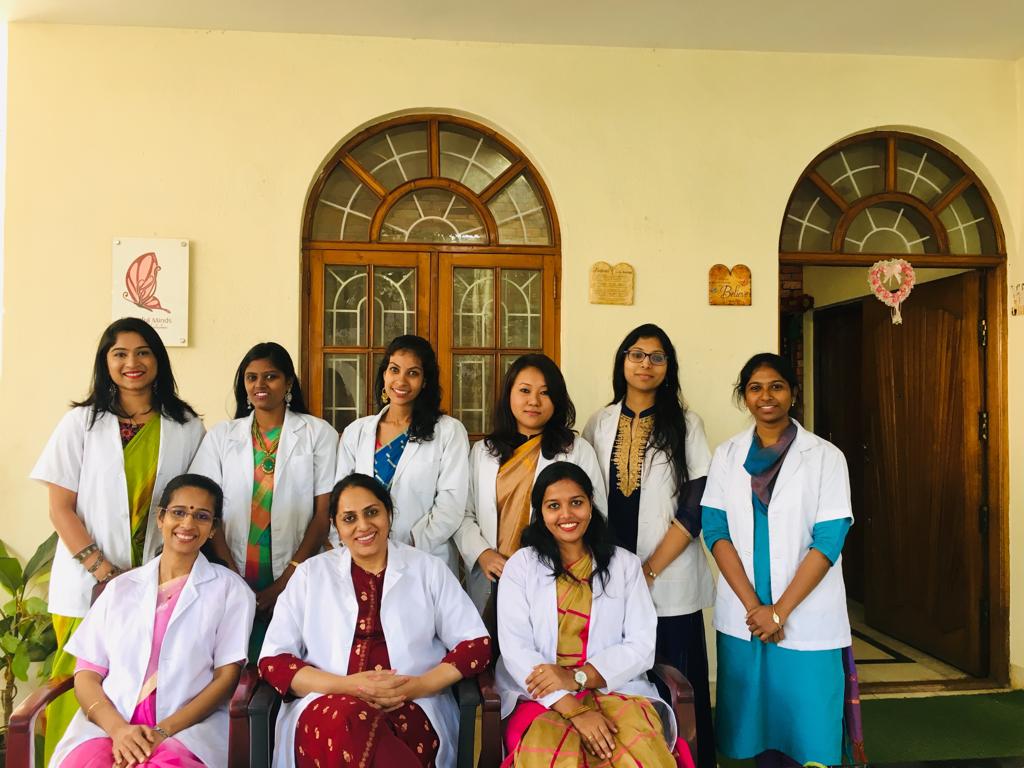
Services offered
Beautiful Minds Astitva offers varied therapies for children who have special needs. A well trained and dedicated team of professionals begin by a systematic evaluation after Counselling by a Child Developmental Specialist who guides and gives the requisite information to help to make a decision on the best therapies and intervention needed.
Therapies
Speech Language Communication Therapy: “Speech therapy can benefit verbal and non-verbal children with Language Development and fluency,” says Asha and greatly helps children with Hearing impairment; Childhood Apraxia of Speech; Auditory Processing Disorder; Difficulties with pronunciation; Reading or writing difficulties; Receptive and expressive language difficulties; Stuttering and cluttering; Voice disorders; Acquired Brain Injury; Phonological disorders; Articulation disorders; Cleft Lip palate; Feeding and swallowing; AAC; communication
Occupational therapy: Children of all abilities can benefit from this including: Attention difficulties, including Attention Deficit Hyperactivity Disorder (ADHD); Autism Spectrum Disorder; Sensory processing difficulties; Printing and keyboarding skills; Picky eating; Movement disorders and fine motor skill delay; Global Developmental Delay; Cognitive deficits; Learning disorders; Cerebral Palsy; Down Syndrome; Acquired Brain Injury.
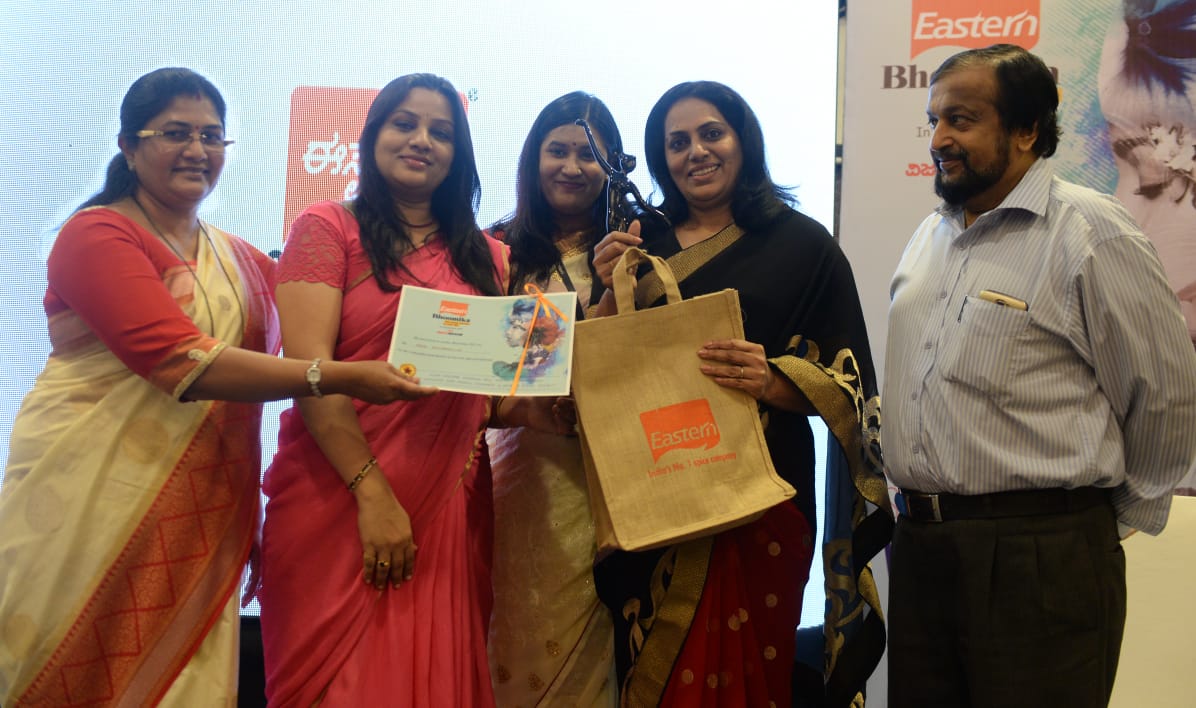
The Special education program provides specially designed instruction, support, and services to students with an identified special need requiring an individually designed instructional program to meet their unique learning needs.
Cognitive therapy: This is important to identify every child’s potential and to enhance their skills to help them in areas of: Thinking; Problem solving; Reasoning; Inferring; Organizing; Processing; Executive Functioning and Meta Cognition.
Physiotherapy: This is beneficial for all those who have difficulties with their physical skills such as: Gross motor delay; Autism Spectrum Disorder; Cerebral Palsy; Developmental Coordination Disorder; Down Syndrome; Spina Bifida; Acquired Brain Injury; Hypotonia; Muscular Dystrophy or other neuromuscular challenges; Torticollis/Plagiocephaly; Other genetic disorders.
Art Therapy: The therapeutic relationship is intended to help children not only to engage in self-exploration, it also involves purposeful meaning-making through specific art making.
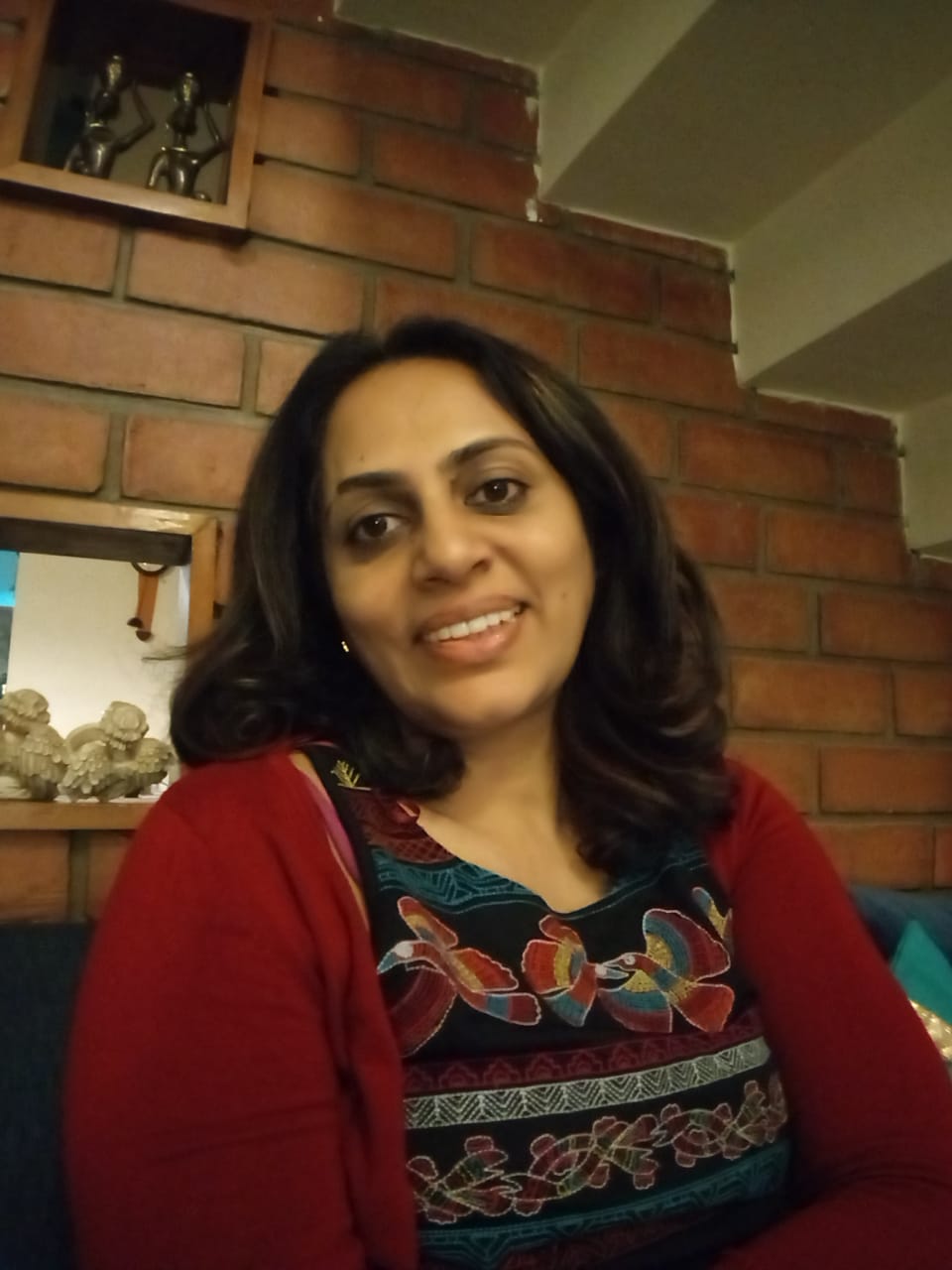
Yoga Therapy: This encourages the integration of mind, body, and spirit. Through the practice of specific types of breathing exercises more oxygenation is brought to all the brain cells stimulating all its areas and improving attention and concentration. Children can learn how to relax and be still, they are able to handle better the stressors and pressures that will begin to hit them as they get older.
Music Therapy: It is the clinical and evidence-based use of music interventions to accomplish individualized and specific goals. “Music combined with movement often stabilizes and opens the brain for higher learning. Concepts that are difficult for many children at first, begin to make sense as music and movement organize the brain by regulating its lower levels (balance, coordination, vestibular, auditory) to open the mind for higher learning concepts that affect the higher working portions of the brain (problem solving, critical thinking, communication, speech, language, reading, writing and math),” informs Asha.
Group Play Therapy: Since children have a natural ability to express themselves and resolve conflict through play, groups targeted at young children are incorporated various forms of play into the session. This may include spontaneous play or structured play activities such as role-playing, drawing, or board games.
Dance and Movement: Body movement is the core component of dance which aids in reflecting and expanding non-verbal expressions. improving socialization, communication, building body awareness, awareness of others, coping skills, improving body image, helping to organize and structure experiences in the brain. Integration of body parts. In dance/movement therapy session, music and props are often incorporated to encourage extension of movement, self-expression, and socialization. Many movement styles and approaches are used to attain interaction and authentic expression including, but not limited to, creative dance, expressive movement, relaxation techniques, role-playing, improvisation, and interactive games.
Child Development Specialist
The Child development specialist offers advice to parents and educators in assessing a child’s developmental needs, and works with the parents to devise a therapy plan designed to work on the developmental issue and remedy the situation in a way best suited to the child’s needs. The specialist offers family group counselling to provide emotional support for parents and other caregivers. The specialist also monitors programs and therapies to ensure the best is done for the child and to make sure there is progress.
Asha Gnanaolivu who has already bagged the Eastern Bhoomika award, Iconic woman 2017 for her contribution in the area of special needs would like to impact the community and society to be more supportive and sensitive to differences that exist. “We want to try and make parents understand that children need quality time and love which is most important part of nurturing. Also, it is our desire to train teachers through workshops and training programmes and help them in identifying a child who is going through difficulties,” she adds.
Beautiful Minds Astitva
Founder: Asha Gnanaolivu
Founded: 2010
Location: Koramangala, Bangalore
website: astitvaforspecialneeds.com
Facebook page: Beautiful Minds Astitva
